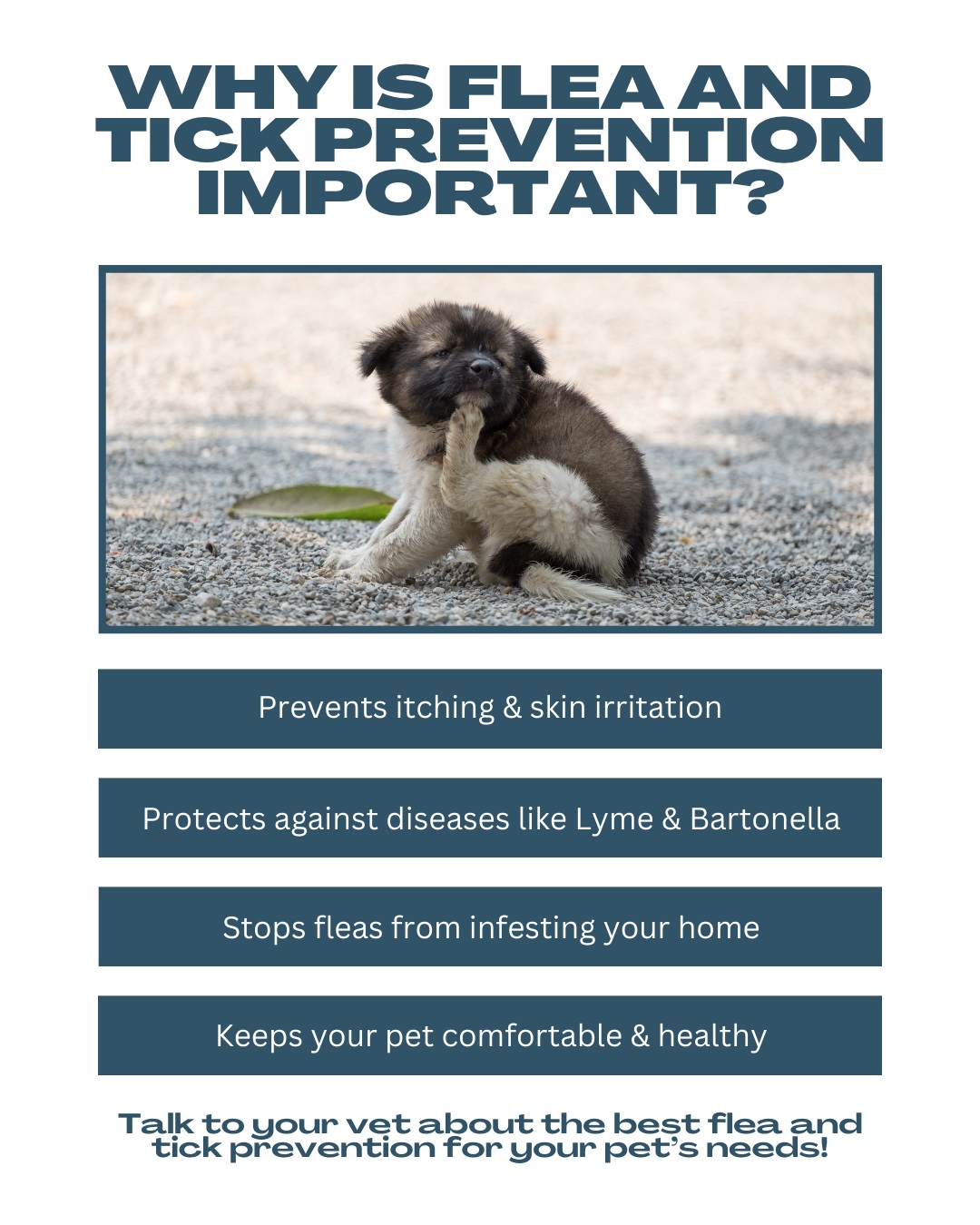As the summer heat settles in, veterinarians and public health officials in Whatcom County are urging dog owners to stay vigilant against fleas, ticks and heartworms, which can spread disease and cause serious health issues for pets.
“We are starting to see heartworms in patients that have never left the PNW, they are here, and not having your pets on prevention is putting them at a major risk for heartworm disease, as well as flea and tick infestations.”
Year-Round Protection
While fleas, ticks and heartworms are more common in spring and summer, experts recommend year-round preventive care. Whatcom Veterinary Hospital advises pet owners to use vet-prescribed topical or oral medications to protect dogs from infestations.
Veterinarians typically recommend products containing active ingredients like fluralaner, afoxolaner, or sarolaner, which provide long-lasting protection and are safe for most dogs when used as directed.
Know the Risks
Though Washington is not considered a hotbed for Lyme disease, the western blacklegged tick (Ixodes pacificus) is present in Whatcom County and can transmit the disease. Fleas, meanwhile, can transmit tapeworms and bartonella (cat scratch disease) and cause severe allergic reactions in sensitive pets.
Dogs who spend time in wooded or grassy areas, like those common in rural parts of the county, are at increased risk of exposure. Wildlife such as raccoons, deer, and rodents can also bring fleas and ticks into yards and homes.

Prevention Tips for Dog Owners
- Use Preventive Medications – Monthly or quarterly flea and tick treatments are widely available through local veterinarians, including Whatcom Veterinary Hospital’s in-house pharmacy and online store.
- Groom Regularly – Bathe dogs regularly and use flea combs to check for signs of parasites.
- Clean Living Areas – Wash pet bedding weekly in hot water and vacuum carpets, furniture and crevices often. Dispose of vacuum bags promptly.
- Maintain the Yard – Keep grass short, trim shrubs, and remove debris where fleas and ticks can thrive.
- Limit Exposure – Avoid letting dogs roam in tall grass or brush, especially during peak pest season from April through October.
When to See a Veterinarian
Common signs of flea and tick problems include excessive scratching, red or irritated skin, visible insects in the fur, and lethargy. If pet owners notice any of these symptoms, they should contact their veterinarian immediately.
“If your pet is itchy, especially during the summer months, it is most likely flea dermatitis until the veterinarian can prove otherwise and can be controlled with good quality flea control for every pet in the house, including indoor only cats”
Pet owners can contact Whatcom Veterinary Hospital at (360) 384-0212 or visit whatcomvethospital.com for more information or to schedule an appointment.




